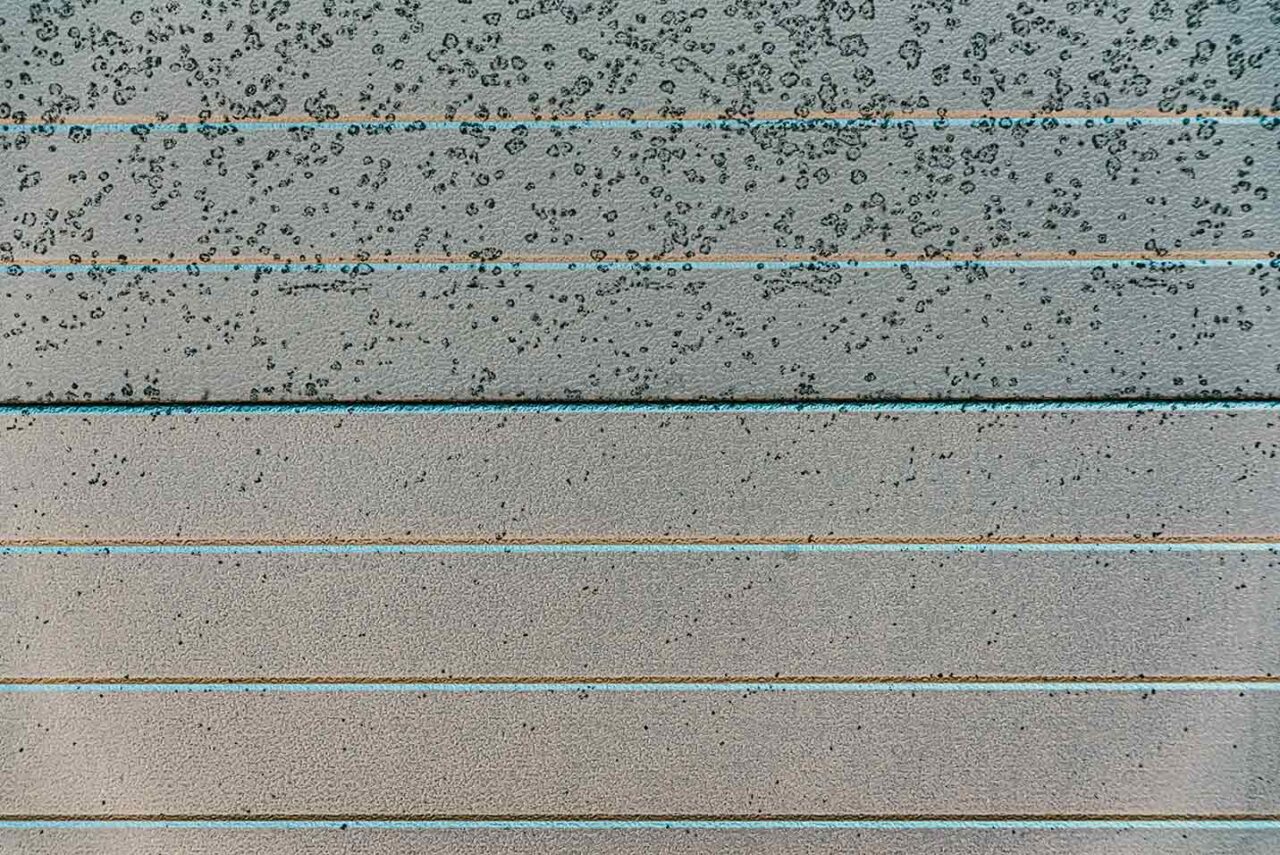Choosing the right driveway paving thickness
The thickness of the paving material is an essential factor to consider while building a new driveway or remodeling an old one. The driveway paving’s resilience, endurance, and capacity to tolerate different loads and environmental circumstances are significantly influenced by its thickness.
This comprehensive guide will delve into the factors influencing the choice of driveway paving thickness and provide valuable insights for making informed decisions.
Understanding the Importance of Driveway Paving Thickness
The thickness of driveway paving is a crucial factor that directly impacts its performance over time. An inadequate thickness may lead to premature deterioration, cracks, and structural issues, while an excessive thickness might result in unnecessary costs. Striking the right balance is essential for ensuring a robust and long-lasting driveway.
Factors Influencing Driveway Paving Thickness
1. Traffic Load and Usage Patterns
The amount and type of traffic the driveway will endure play a significant role in determining the appropriate thickness. Residential driveways generally require less thickness than driveways in commercial or industrial settings that experience heavier traffic loads.
2. Type of Paving Material
Different paving materials have distinct structural requirements. For example, asphalt driveways typically require a different thickness than concrete driveways. Understanding the specific needs of the chosen material is essential for achieving optimal results.
3. Climate and Weather Conditions
Climate can affect the performance of driveway paving. In areas with extreme temperature variations, such as freeze-thaw cycles, thicker paving may be necessary to prevent cracking and damage caused by weather fluctuations.
4. Subgrade Stability
The stability of the subgrade, the natural soil beneath the driveway, is a critical factor. A stable subgrade provides a solid foundation for the driveway. Additional thickness may be required to compensate for potential settling if the subgrade is less stable.
5. Local Building Codes and Regulations
Local municipalities often have specific requirements for driveway construction. Adhering to these regulations is not only a legal necessity but also ensures that the driveway meets specific standards for safety and durability.
Making the Right Choice
After considering these factors, homeowners and contractors can collaborate to determine the ideal driveway paving thickness for a particular project. It’s advisable to consult with professionals with experience in driveway construction to ensure that all relevant considerations are considered.
Conclusion
Selecting the appropriate driveway pavement thickness is a crucial choice that directly affects the driveway’s functionality and lifespan. By considering factors such as traffic load, paving material, climate, subgrade stability, and local regulations, homeowners can make informed choices that result in a durable and aesthetically pleasing driveway. Remember, investing in the proper thickness upfront can save significant costs in the long run by reducing the need for frequent repairs and maintenance.
For expert advice and professional driveway paving services, contact FloorPup – your trusted partner in creating driveways that stand the test of time.
Transform your home effortlessly with FloorPup! Discover our extensive range of hardwood flooring, receive tips from expert floor care and maintenance professionals. Our team includes professional floor fitters, skilled driveway pavers, and dependable carpet repair specialists, ensuring top-notch results. Learn more about our dedication to quality on our About Us page. Visit FloorPup and start enhancing your living space today!
FAQs about Driveway Paving Thickness
1. What factors determine the ideal thickness for driveway paving?
The ideal thickness for driveway paving depends on several factors, including the expected traffic load, the type of paving material chosen, local climate conditions, the stability of the subgrade, and compliance with local building codes. Considering these factors collectively helps determine the appropriate thickness for optimal performance.
2. Can I use the same thickness for different driveway paving materials?
No, different paving materials have distinct structural requirements. Asphalt driveways typically require a different thickness than concrete driveways. It’s essential to consult with professionals who can assess the specific needs of the chosen material and recommend the appropriate thickness accordingly.
3. How does climate impact driveway paving thickness?
Climate, especially in areas with extreme temperature variations, can significantly impact driveway performance. In regions experiencing freeze-thaw cycles, thicker paving may be necessary to prevent cracking and damage caused by temperature fluctuations. Considering local weather conditions is crucial in determining the right thickness for durability.
4. Are there legal requirements regarding driveway paving thickness?
Yes, local municipalities often have specific regulations governing driveway construction, including requirements for thickness. In addition to being required by law, following these guidelines guarantees that the driveway satisfies durability and safety requirements. It is recommended to acquaint yourself with and abide by these local construction rules before starting a driveway project.


